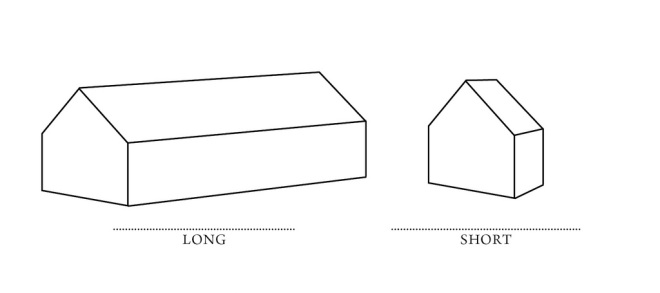Nobody's perfect. Everybody misspells a word, makes typos, or some other mistake when writing.
I like to think that I have a decent grasp on the English language but, as any longtime Tofugu reader knows that despite my best efforts, I still make a ton of typos, weird grammatical errors, and even leave some sentences unfinishe

If it's so easy to mess up in your native language, it should come as no surprise that misspellings in Japanese are common, especially for people just learning Japanese.
Characters That Look Similar
In English, it's generally pretty easy to tell one letter apart from another. Unless somebody has awful handwriting, each letter is pretty distinct from another.
Not always the case in Japanese. There are a lot of characters that look alike in each of the forms of Japanese writing.
Hiragana
Hiragana is how pretty much everybody starts learning Japanese and at first glance, there's a little to get confused about. Initially characters like me め and nu ぬ, or re れ, wa わ, and ne ね can throw you for a loop.
Katakana
After you've conquered hiragana and move onto its angular brother, katakana, things get a little trickier. It seems like everybody has trouble with the tsu ツ, shi シ, so ソ, and n ン.
Kanji
Everybody whines and complains about kanji, and part of that comes from the abundance of kanji that look like each other. With thousands and thousands of kanji, it's not surprising that a few resemble each other. Kanji like man 万万 and hō 方方, or ushi 牛牛 and hiru 午午 might throw a wrench into things.
With time and experience though, you learn to recognize the differences between all of these characters. There are a lot of hints that'll help you along the way (strokes, context, mnemonics), and in no time, you'll be able to see the differences.
Short Sounds and Long Sounds
I can think of a few times in English when a short and a long vowel sound makes a difference in meaning, but the differences aren't usually that pronounced. They might just indicate past and present tense, like with "fed" and "feed."

But in Japanese, long sounds and short sounds make a huge difference, and it doesn't help that a lot of romanized Japanese just sort of ignores these differences.
When somebody talks about the capital of Japan, they write "Tokyo"; when they say good morning, they write "ohayo." In both cases, the romanization ignores the long sounds and can trip you up when you're writing in actual Japanese.
We've harped on the downsides of romaji before, but it's worth emphasizing it again because it could mess up your writing!
Big つ versus Small っ
The small っ plays a unique role in Japanese. A little っ (also called a sokuon sokuon 促音促音) creates "double consonants" which, like short and long vowels, can entirely change the meaning.
(You can learn how to pronounce the small っ here)
It's something that might be confusing or frustrating once you start learning Japanese but, like other writing mistakes, you learn to recognize it pretty quickly. Not only do you keep an eye out for its size, but you also start to learn the words that use the small っ.
Have you run into one of these problems when writing Japanese? What trips you up the most? Let me know on Twitter!
